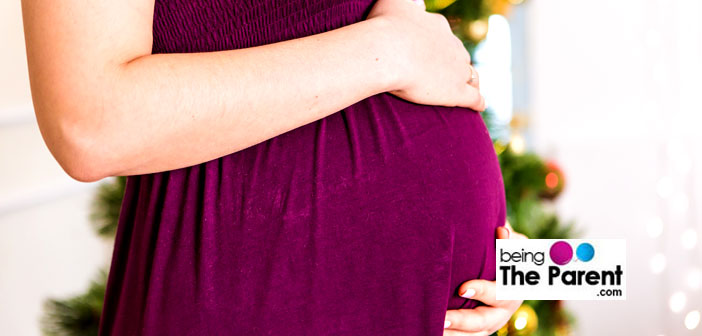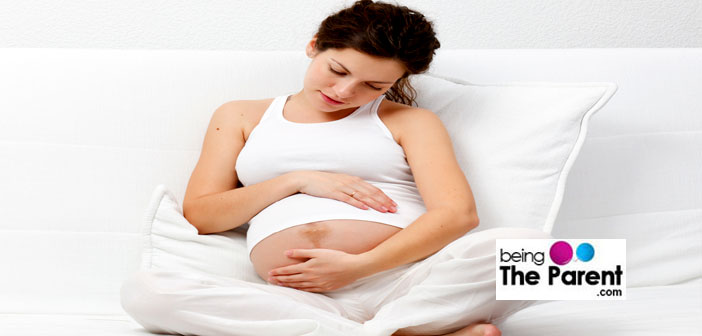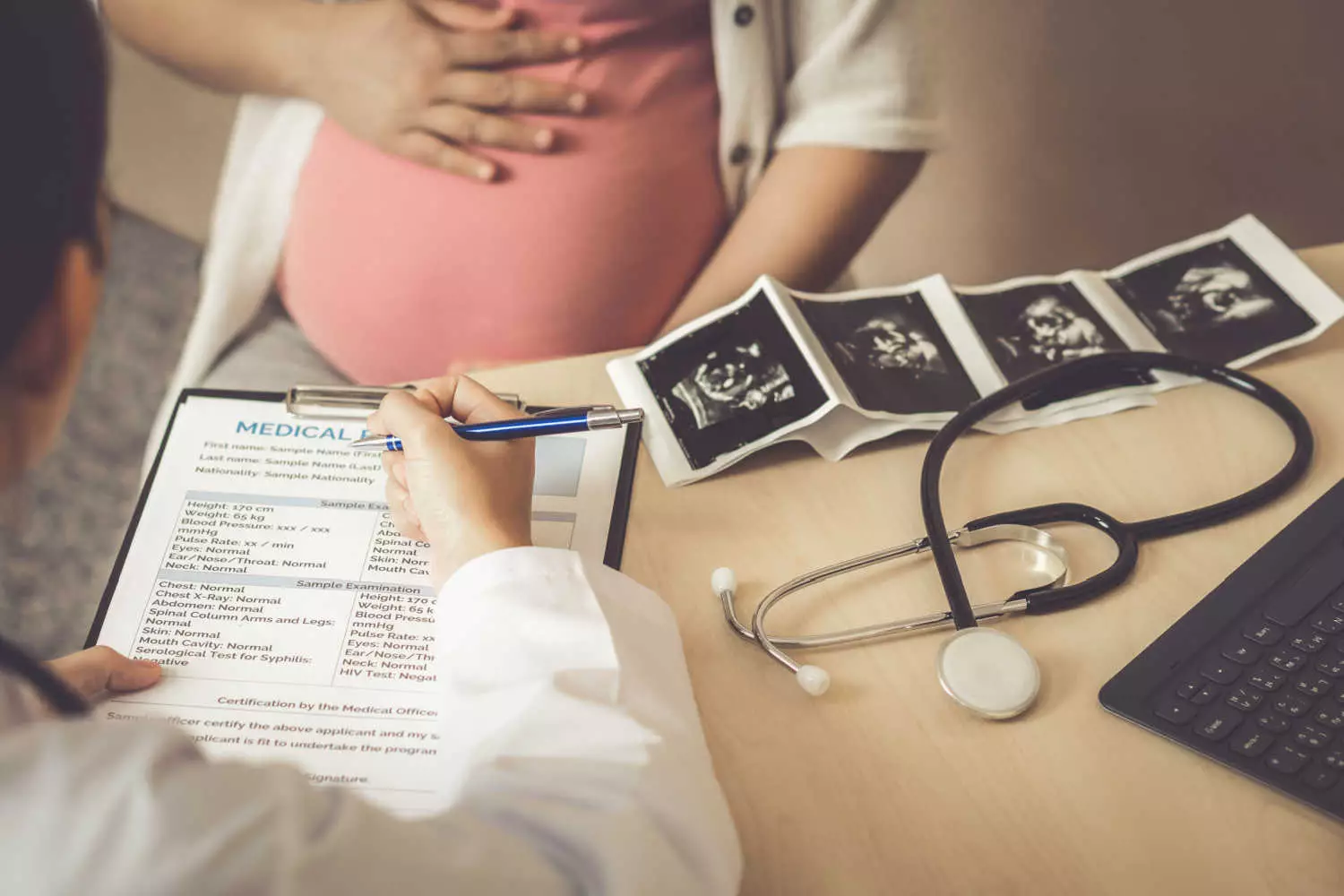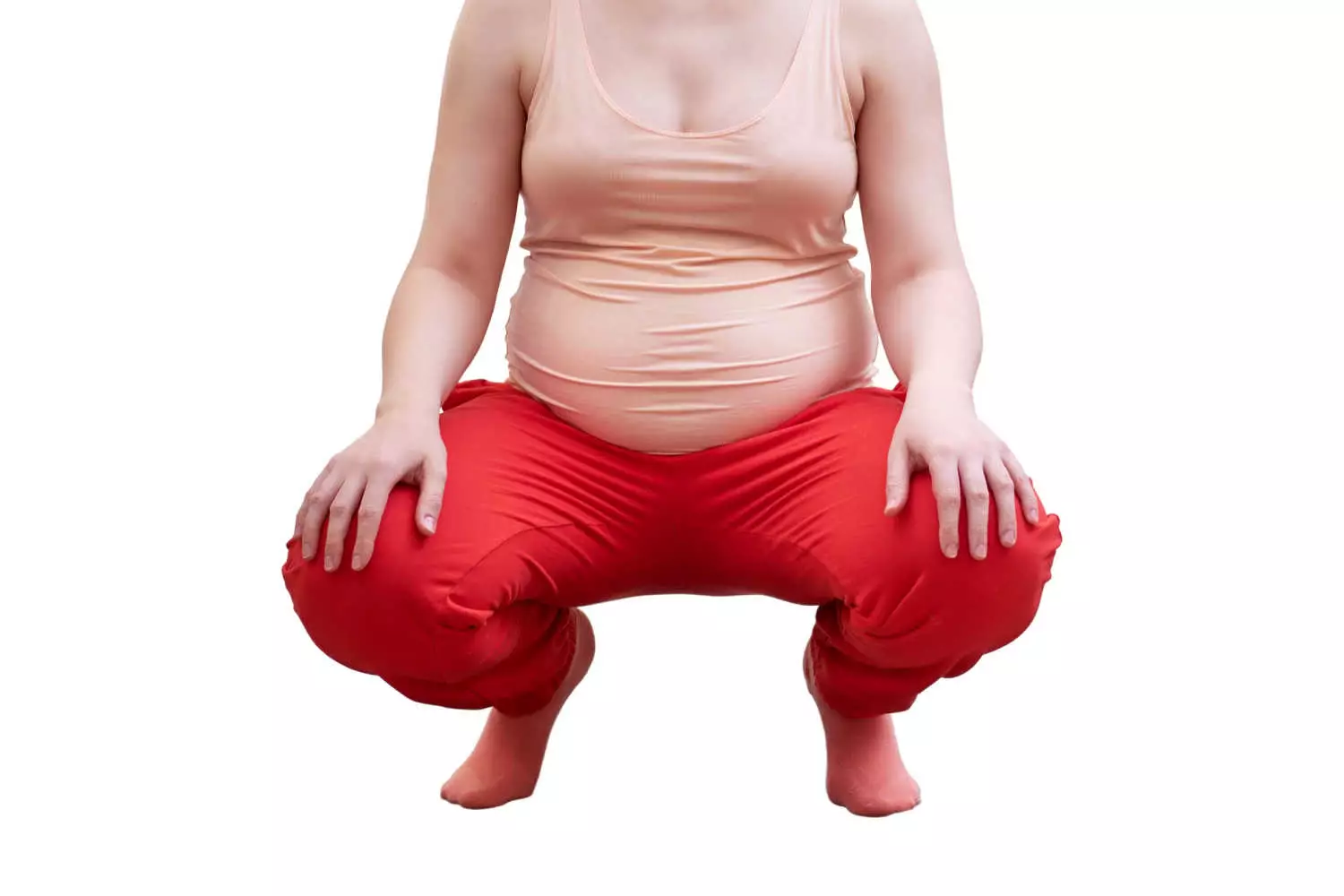
Pregnancy associated Osteoporosis
5 min readWritten by Editorial Team

There are several rare complications that may occur during pregnancy. Osteoporosis is one among them.
What Is Osteoporosis?
Osteoporosis is a condition in which the bones become brittle and weak. Sometimes the bones become so brittle that even a cough can cause a fracture. Severe pain arises due to the fractured bones. Low levels of calcium, phosphorus and other minerals in your bones can cause weak and brittle bones.

What Is Pregnancy-associated Osteoporosis?
A pregnancy-associated osteoporosis is a very rare condition wherein an otherwise healthy woman’s bone become too brittle. The bones become so brittle that they break easily during the pregnancy or during the postpartum period. This condition is more commonly occur during the first pregnancy.
56% of the pregnancy-associated osteoporosis is found to occur during the postpartum period and 41% of the pregnancy-associated osteoporosis is found during the third trimester of the pregnancy. Pregnancy-associated osteoporosis is a temporary condition and usually is not found to reoccur during the second pregnancy.
A woman who develops the pregnancy-associated osteoporosis will retrieve the lost bone density after delivery or after she stops breastfeeding- within about 6 months of weaning the baby as demand daily requirement of the calcium will also fall to normal range.
What Are The Causes Of Pregnancy-Related Osteoporosis?
The medical fraternity seems unclear on the causes. There is uncertainty about whether pregnancy-associated osteoporosis occurs due to a preexisting condition in a pregnant woman or if this disorder arises as the consequence of the pregnancy. This is because osteoporosis usually comes to notice in the later stage, most probably once the fracture occurs. Apparently, the pregnancy-associated osteoporosis is supposed to occur due to the decrease in calcium reserve of the body and increase in the urinary calcium excretion. During the second and third trimester of pregnancy, the demand for the calcium of the body increases as the fetal calcium demand grows during this period. If the mother fails to provide daily required calcium through her diet, the baby will leech what it needs from the bones of the mother. Heparin is taken by some women during pregnancy for thinning of the blood. Some studies indicate that heparin increases the chances of developing osteoporosis during pregnancy.
How Does Pregnancy-associated Osteoporosis Affect Breastfeeding?
A majority of the pregnancy-associated osteoporosis is diagnosed during the lactating phase. This is because of the two major physiological phenomena:
- Increased calcium demands from the maternal bone: The demand for the calcium increases during the lactating period. When the demand for calcium is not met by the daily intake of calcium of the lactating mother, the calcium is taken from the bones making it fragile. Note that, the demand for the calcium of the body varies with the amount of breast milk produced and the duration of the lactation
- Hypo estrogenic stage: Prolactin is the hormone that stimulates the formation of the breast milk. Elevated prolactin level during breast feeding period can result in developing low estrogen level among the lactating mothers. Estrogen aids in regulating bone cells called osteoclasts, which are accountable for building new bone. When estrogen levels drop, fewer osteoclasts are produced and bone formation is affected
The bones loosened during lactation will restore and recovery of bone density will happen by around six months after weaning.
What Are The Symptoms Of The Pregnancy-associated Osteoporosis?
The most commonly observed symptom is back pain. But, back pain is also very common during pregnancy for various other reasons. Some of the other symptoms that indicate possibility of osteoporosis are:
- The onset of sudden sharp pain (following the fracture) or chronic back ache
- Progressive hip pain that becomes more prominent during last stages of pregnancy
- Pain in the upper anterior thigh
- Feeling difficult to walk or bend
- Loss of height
- Unexpected and unexplained vertebral fracture
How Is Pregnancy-associated Osteoporosis Diagnosed?
Diagnosing pregnancy-associated osteoporosis is very challenging as most of the diagnosing procedures are not recommended during pregnancy.
- DXA: The most widely used and accurate and reliable bone mineral density (BMD) test is DXA. Bone density of hip and spine is determined by this test. The amount of radiation is very low and the risk of performing this test during pregnancy is relatively small provided the symptoms are very strong
- Blood tests: Blood tests are conducted to eradicate the chances of having underlying problems that lead to osteoporosis
- MRI: Magnetic Resonance Imaging is done to examine the soft tissues such as the discs between the spinal bones. It won’t do any harm as MRI does not use x-rays but uses radio waves and a powerful magnet to obtain images
Which Bones Are Mostly Affected Due To Pregnancy-associated Osteoporosis?
Although the fractures can occur in any part of the body, the most commonly affected parts due to the pregnancy-associated osteoporosis are:
- Vertebrae
- Spine
- Hips
- Wrist

What Is The Best Mode Of Delivery When The Mother Is Diagnosed With Osteoporosis?
The mode of delivery of a woman diagnosed with osteoporosis is taken on an individual basis. There is no evidence that caesarean delivery is safer than vaginal delivery when it comes to osteoporosis. Let your doctor take the best call.
How Can Pregnancy-associated Osteoporosis Be Treated?
Treatment procedure can be differentiated into two parts – minimizing the pain and treating the fracture.
- Hydrotherapy: Exercising in a special pool filled with warm water under the supervision of the therapist will help to reduce the pain
- Acupuncture: This method has no side effects and helps in reducing the pain arises due to the fractured or micro factored bones due to osteoporosis
- Heat pads and ice pads: Heat pads and ice pads can provide comfort for the pain
- Corsets: It is recommended to use corsets only on a short term basis just to help with the pain. Long-term use increases muscle weakness creating further complications
- Pain killers: You can take pain killers prescribed by your doctor to minimize the discomfort
- Calcium supplements: Taking calcium and vitamin D supplement as directed by your doctor will help to regain the lost calcium from the bones as soon as possible
- Calcitonin: Calcitonin is a naturally occurring hormone. This hormone regulates calcium level and is comprised in the process of bone building. This hormone will not cross the placental barrier hence, it is safe to use for the treatment of osteoporosis
Most of the specialist working in this field prefer to leave the fracture due to pregnancy-associated osteoporosis to cure in the normal course. They advocate that neither the treatment nor the medicines accelerate the healing process of fractured bones.
Can Pregnancy-associate Osteoporosis Be Prevented?
Physical activities and a healthy diet can reduce the possibilities of the pregnancy-associated osteoporosis.
- Even simple physical activities like climbing the stairs and walking can help to increase the strength of the bone
- Practicing yoga is another healthy way to strengthen the bones
- Include the food items with the high level of calcium and vitamin D which are important for healthy bones in the pregnancy diet
- Intake of calcium supplements with the advice of a physician can also kelp to reserve enough calcium during pregnancy
- Smoking weakens the bone density. Avoid smoking during pregnancy
- Avoid excessive intake of salt
- Avoid using alcohol and caffeine, also excessive protein intake
Don’t worry. The bone density will improve in the due course of time. In spite of the pain experienced, the woman with pregnancy-associated osteoporosis can return to a fit active and healthy life.

Editorial Team,
With a rich experience in pregnancy and parenting, our team of experts create insightful, well-curated, and easy-to-read content for our to-be-parents and parents at all stages of parenting.Read more.
Responses (0)
Want curated content sharply tailored for your exact stage of parenting?
Related articles

Hiking During Pregnancy – is it Safe, Benefits, and Precautions

Pregnancy Prenatal Visits Schedule – How Often and What Happens in Each Visit

Duck Walk During Pregnancy – Is it Safe to Do?

Massage Chairs During Pregnancy – Is It Safe?

Cardamom During Pregnancy – Is it Safe to Have?

Dandruff During Pregnancy – Causes, Treatment Options, And Home Remedies
Sponsored content
Discover great local businesses around you for your kids.
Get regular updates, great recommendations and other right stuff at the right time.





